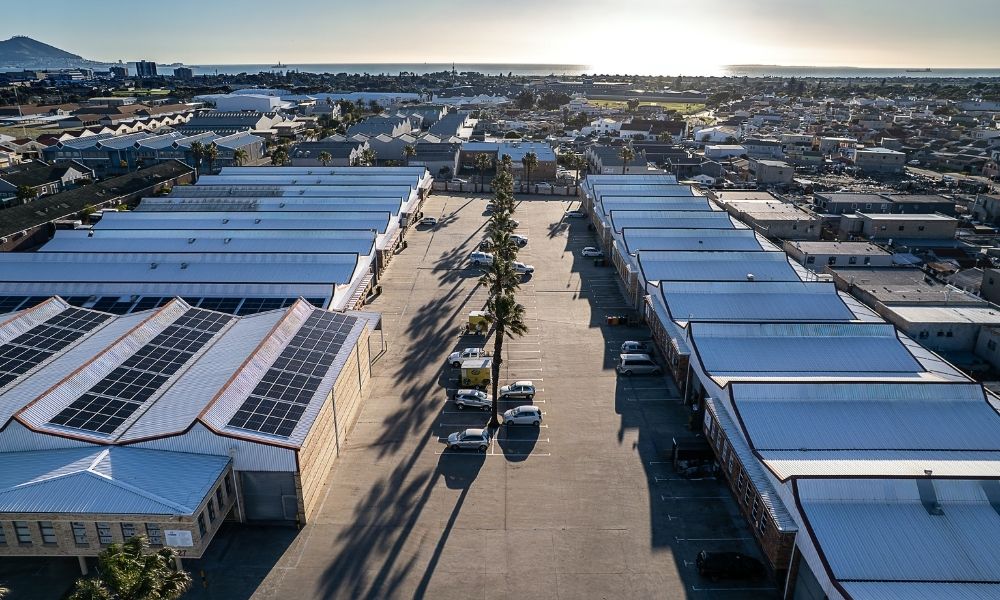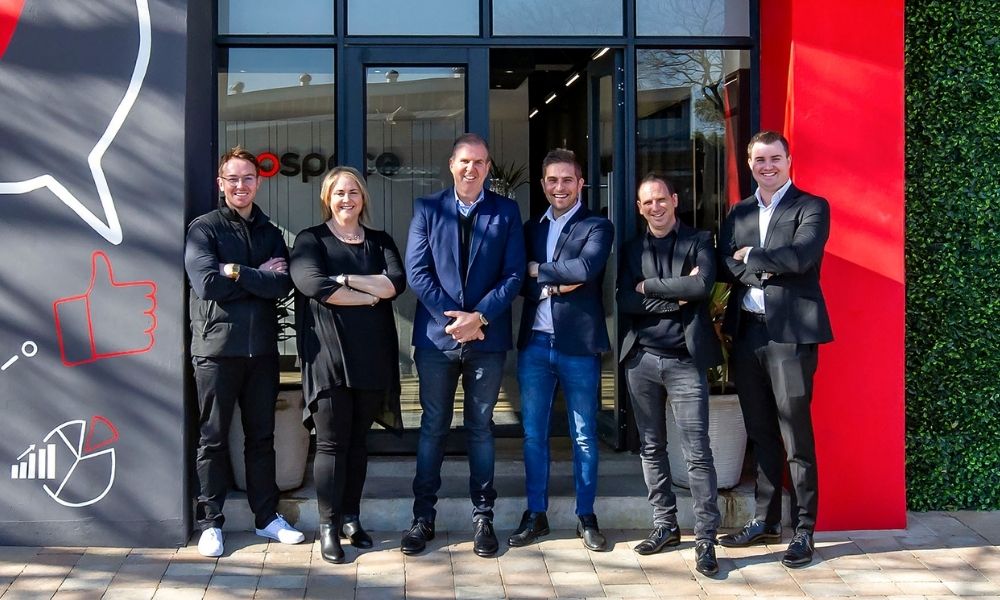Business parks thrive as industrial tenants seek value
With businesses hard hit by the global pandemic facing an uncertain future, the demand for multi-use spaces offering flexible lease structures has grown.
%20(2)%20(1).JPG)
There’s a shift afoot in the commercial property market. With businesses hard hit by the global pandemic facing an uncertain future, the demand for multi-use spaces offering flexible lease structures has grown. Branded business parks offering this, and more, are therefore taking centre stage around the world as a viable asset class that can not only meet their tenants’ evolving needs, but can thrive in challenging times.
Savills in the UK reports that many of these resilient business parks are “amenity-rich” destinations, with a variety of tenants attracted to the sense of community created by the landlord. A report by Lambert Smith Hampton, a leading UK commercial and residential real estate consultancy, posits that business parks may, in fact, fare better than offices in city centres, as the world adapts to a post-COVID reality.
This is largely due to their ability to offer a range of spaces, from larger headquarter offices for blue chip companies to incubation centres for smaller tenants that have the potential to grow. Landlords that are adaptable, and offer flexible lease structures, will also go a long way to ensuring the longevity of a business park.
Rael Levitt, founder and CEO of Inospace, a privately owned business park operator, believes this shift is most visible in retail and office space, but is applicable to all sectors of commercial real estate. “Part of this change is due to the thickening layer of service required by tenants. They want a turnkey solution with flexible lease options.”
Inospace is capitalising on this growing demand for tenant-driven commercial real estate. It recently acquired three distressed industrial sites worth a combined R65million, taking the company’s footprint to 25 parks with 350 000 square metres of lettable area.
Wetton Works, located in Cape Town’s Southern Suburbs, has recently been refurbished by Inospace into a multi-use business park that offers a range of storage, industrial and office products as well as a large central yard and 24-hour security. Inospace has also taken over a former bank site from First National Bank Holdings, and a 15 000 square metres of industrial site in Goodwood.
“The distressed property market has dovetailed with our strategy of picking up large properties at below replacement value and transforming them into multi-let, multi-use parks that offer spaces at affordable prices,” says Levitt. “In this way, Inospace is creating a niched and attractive asset class.”
Inospace’s business parks, which typically measure between 10 000 and 30 000 square metres, attract a range of enterprises, including those that are being forced to downsize in a weakened economy and need to pay rentals on more flexible terms. “Unlike other commercial property landlords, Inospace offers short and flexible leases with exit options for tenants who don’t want, or are unable because of economic uncertainty, to commit to long-term leases,” explains Levitt.
This offering is overlaid with a range of business benefits, communal facilities and a growing range of tech-enabled services. “We believe that this sector is shifting away from being an industry governed by asset managers to one that offers operating platforms that focus on people. One of the ways in which Inospace achieves this is by supporting its tenants with personal onsite management.”
With widespread economic uncertainty it is becoming increasingly difficult for business owners to forecast their property needs, and fixed leases are no longer desirable. To put the shift towards more fluid options into perspective, international property research company JLL expects 30% of all office space globally to be flexible in some way by 2030.
“Until recently, business parks were a subcategory of multi-tenant industrial parks, but the change in manufacturing operations to smaller units in densely-populated areas has seen business parks come into their own,” says Levitt. “Flexibility, community, affordability and customer-focused simplicity are at the heart of a disruption in commercial real estate that is here to stay.”


